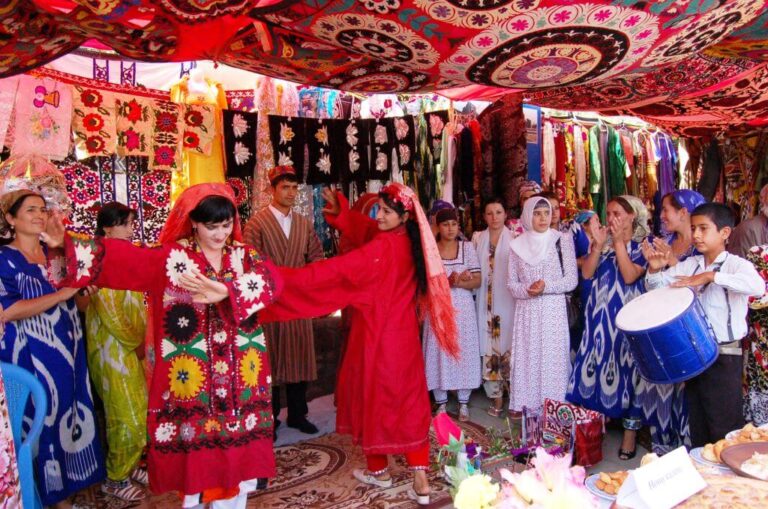
Expert: Polygamy Increases the Risk of the HIV Spread in Tajikistan
Polygamy is one of the main factors contributing to the rapid spread of HIV in Tajikistan.

Polygamy is one of the main factors contributing to the rapid spread of HIV in Tajikistan.

Kyrgyzstan is getting prepared to receive a certificate to confirm elimination of mother-to-child transmission of HIV. In the last five years, over 95% of pregnant women were covered with prevention projects, while the new cases of vertical HIV transmission are now at the level of 2%.

The second edition of PLOV ARTxFOODxCINEMA is coming to Amsterdam on 19 of June. Culinary experiences and cinematographic impressions of Eastern Europe, the Caucasus and Central Asia will come together during the event organised by the AFEW Culture Initiative in collaboration with the partners IDFA and Studio/K.
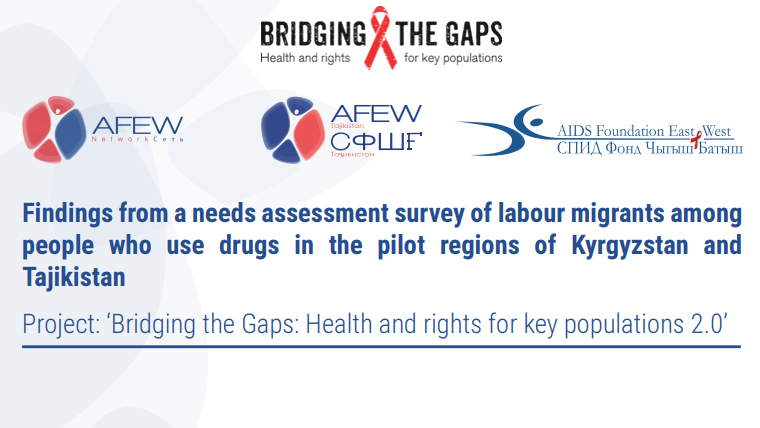
Findings from a needs assessment survey of labour migrants among people who use drugs in the pilot regions of Kyrgyzstan and Tajikistan. Prepared within the framework of the project ‘Bridging the Gaps: Health and rights for key populations 2.0’.
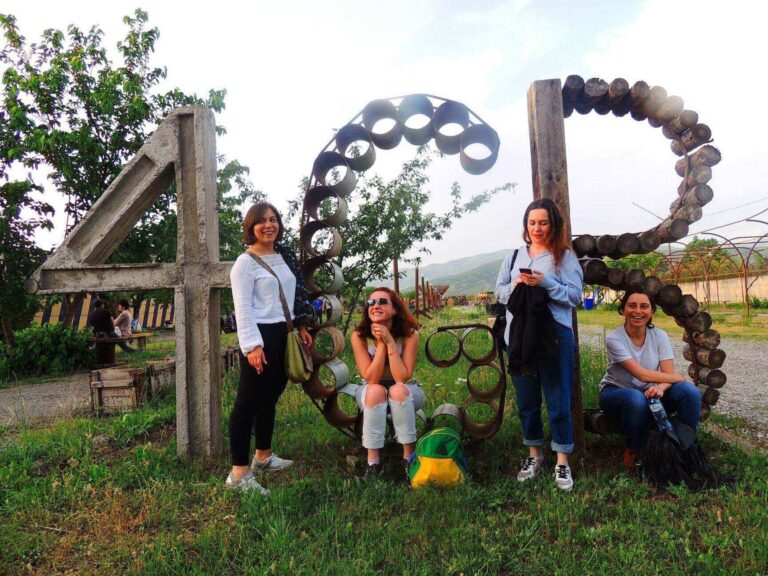
4GB is an annual electronic music festival which has been held in Georgia since 2011. The festival is dedicated to the memory of DJ Giorgi Bakanidze – one of the Georgian club music pioneers. This year, 4GB was held in an abandoned Cosmic Constructions Centre near the Saguramo village. Apart from the high-quality lineup, sound systems and headliners performing on stage, 4GB festival had another prominent feature – for the first time in the history of Georgian music festivals, a team of volunteers delivered harm reduction services 24 hours a day. Mandala – Harm Reduction youth project team members did their best to make sure that more than one hundred participants of the festival stay healthy. Thanks to this project, drug and alcohol intoxication, overdoses and other risky situations were brought to naught.
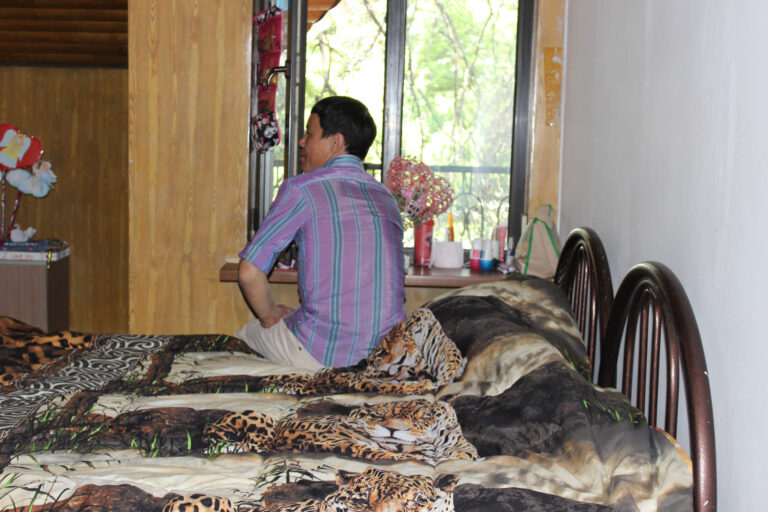
People living with HIV (PLWH), people who use drugs (PUD), those who are released from places of confinement… Those people are often left behind and ignored. They are invisible, pinned to the wall of despair, with a trail of problems that remain unresolved for years, not believing that there is a light at the end of the tunnel. Now they know where they can find help. Where they will be understood and will not be neglected. Now the address 14A Omarov Street, Almaty is well known to many people. They pass it on to each other, realizing that for someone it might be the last hope.
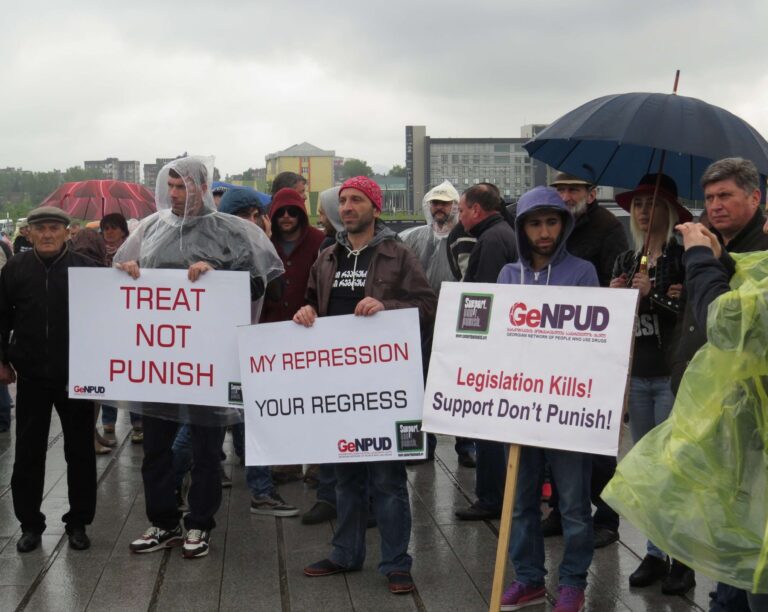
Thanks to the harm reduction and methadone programmes, the rate of HIV transmission among injecting drug users went down in 2011-2017. We decided to find out who facilitated implementation of those programmes, fighting for people’s lives.
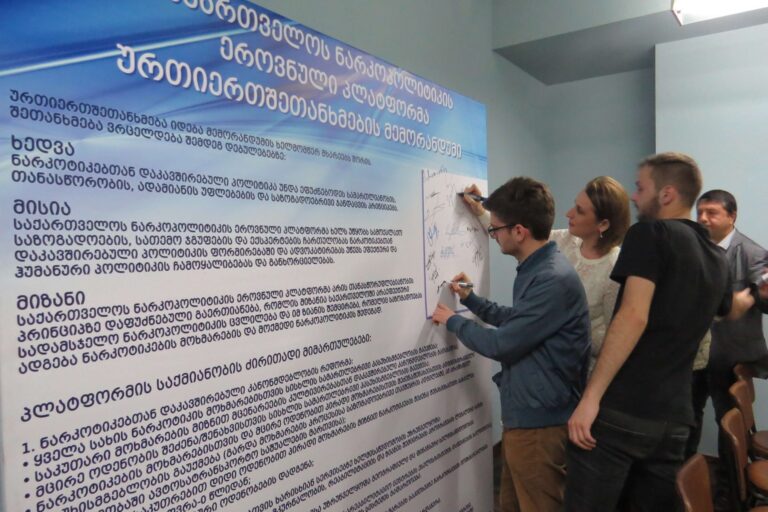
The Georgian drug policy calls for radical changes. Currently, it is aimed at the strict punishment of drug users and their isolation from the society. Data of the 2016 Council of Europe report show that every third prisoner in Georgia is convicted for drug-related crimes. However, such repressive approaches do not make people quit drugs. In prisons, people suffer from the abstinence syndrome and lose their health as well as years of their lives. Authorities think that the prison “cures” people, but according to the research studies by Human Rights Education and Monitoring Centre (EMC), 89% of drug users go back to drugs after they are released. The rest of them return to their drug using habits within 11 months.

The first results of the COBA-Cohort, a project associated with the COBATEST Network, are now available online. The study is a cohort of HIV-negative men who have sex with men (MSM) tested for HIV in community-based voluntary counselling and STI/HIV testing (CBVCT) in six different European countries. The full report can be read here.
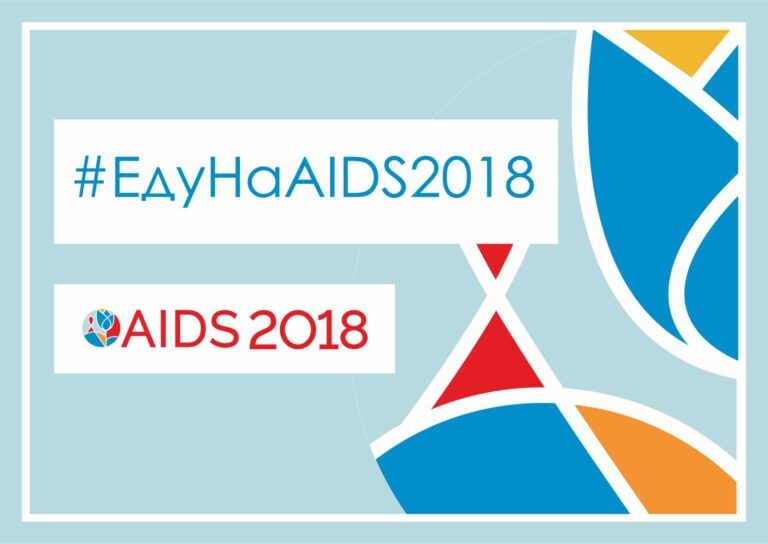
At AIDS 2018 to be held in Amsterdam, Ukraine will be the focus of attention. It is one of the leading countries in terms of HIV transmission, with half of people living with HIV not knowing their status and the war in the east of the country combined with hundreds of thousands of migrants contributing to the aggravation of the situation with HIV. Our article highlights what expectations representatives of Ukraine have from AIDS 2018 and what experiences they are ready to share.